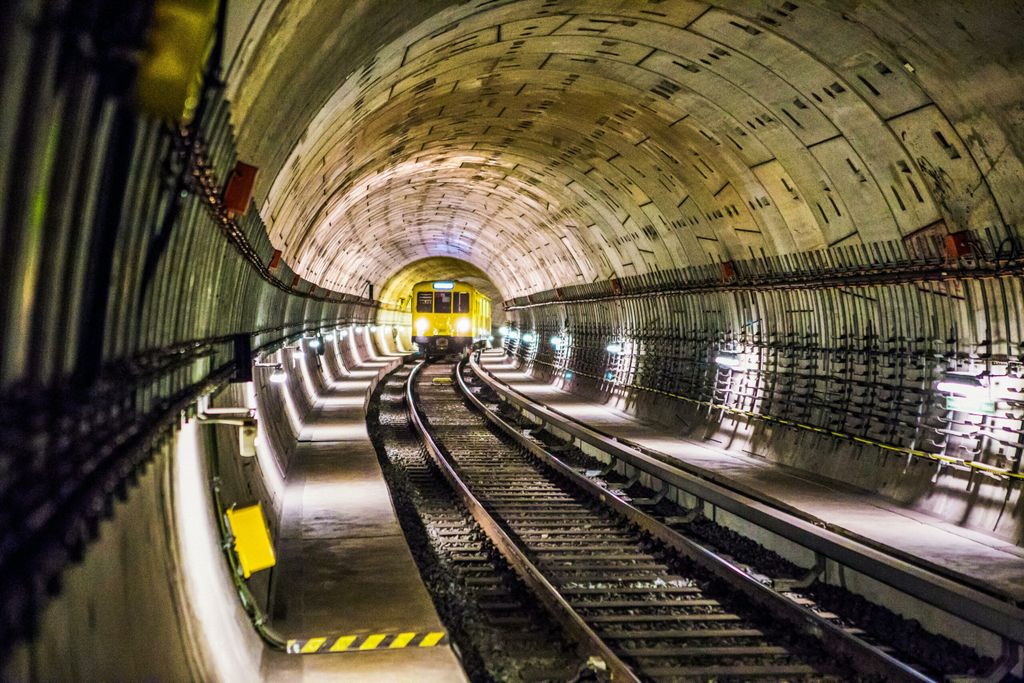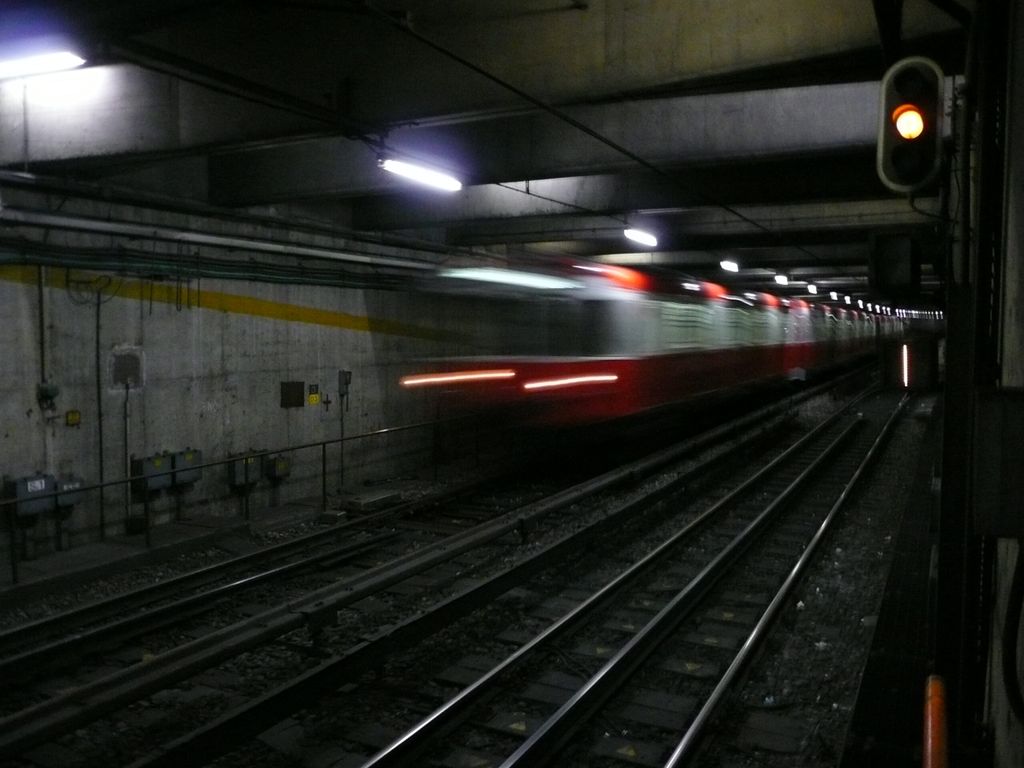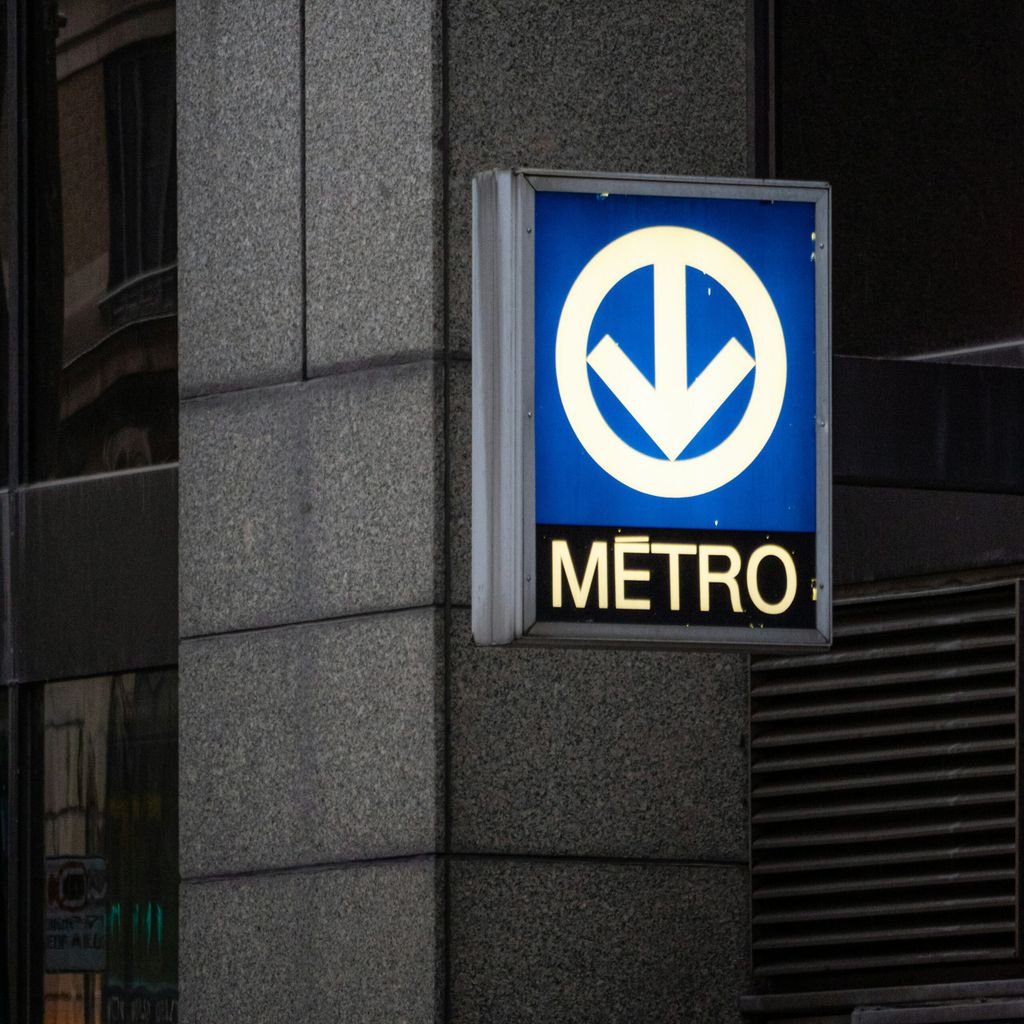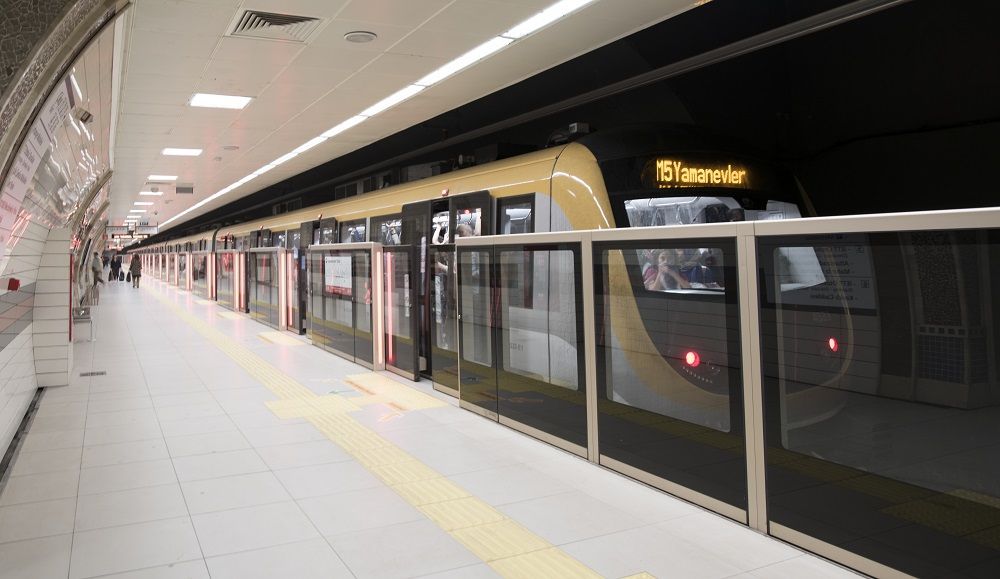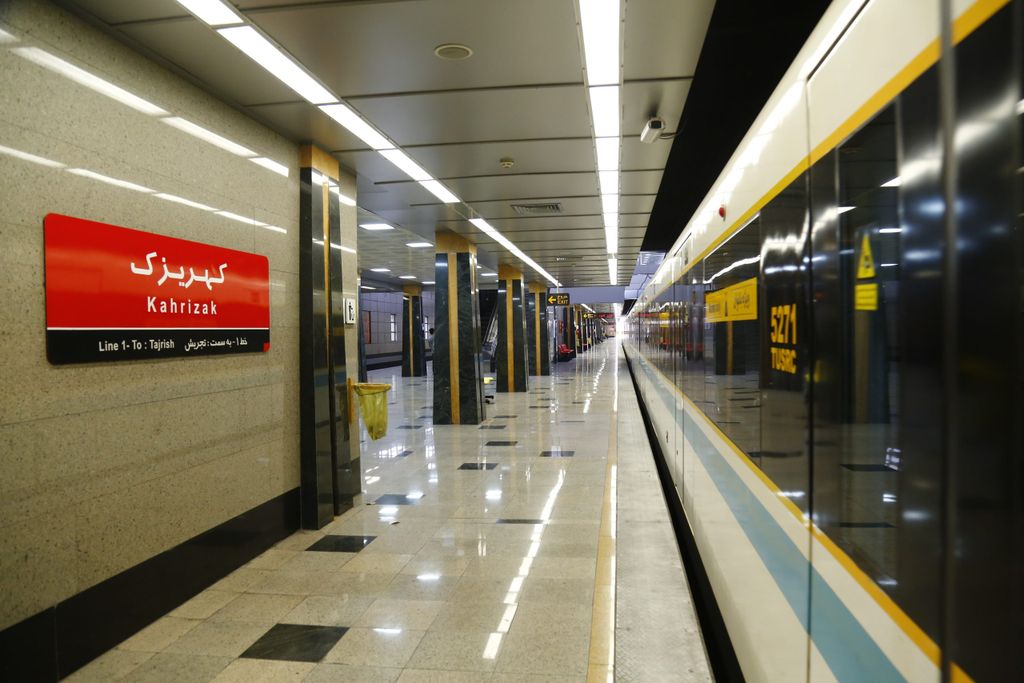
Guardians of Mobility: from the front lines in Tehran, Iran
There are many “unsung heroes” in times of crisis, and we recognise that our public transport professionals are some of them.
Our ‘Guardians of Mobility’, are an integral part of the front liners keeping essential services available throughout the coronavirus pandemic.
Over the course of these next few weeks, we will be sharing stories from our own community on what’s being done to keep public transport operations running around the world, and to shed a little light on our sector’s contribution to fighting this pandemic.
Today, we hear from Tehran Metro, sharing experiences from Iran.
Tehran Metro
The coronavirus pandemic quickly spread from eastern Asia, all the way to the Middle East, where Iran was by far the hardest hit nation in the region. In the country’s capital, Tehran, our members could never have anticipated an extreme outbreak like this, but they took various measures to ensure that they were as prepared as possible.
“There is no way to predict something like this happening”, said Farnoush Nobakht, Managing Director, Tehran Metro. “The intense wave of COVID-19 in Tehran came at us quickly, and once it arrives it’s unstoppable. The best thing to do is prepare as much as possible before it hits.”
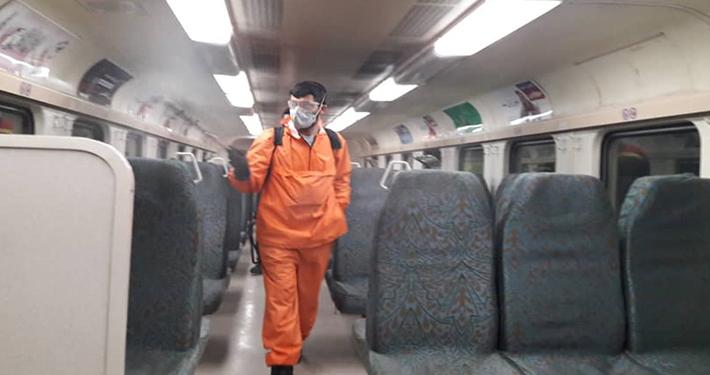
The best thing to do is prepare as much as possible before it hits.
Upon hearing the devastating news from Wuhan, China, Tehran Metro began to simulate potential cases before the outbreak happened.
The goal was to see where the possible ‘weak’ points were in their reaction before it happened, so that they could prepare in advance and not have to rely upon a few last-minute decisions in crisis mode.
This practice enabled Tehran Metro to acquire various protective materials (gloves, masks, and other equipment), as well as antiseptic and disinfection materials to keep staff and passengers safe and at ease as much as possible.
“The health of our staff, particularly train drivers, managers and maintenance personnel, was always our top priority”, said Farnoush Nobakht.
Once the needed materials were acquired, the next step was developing disinfection protocols and ensuring staff had the know-how needed to properly disinfect surfaces.
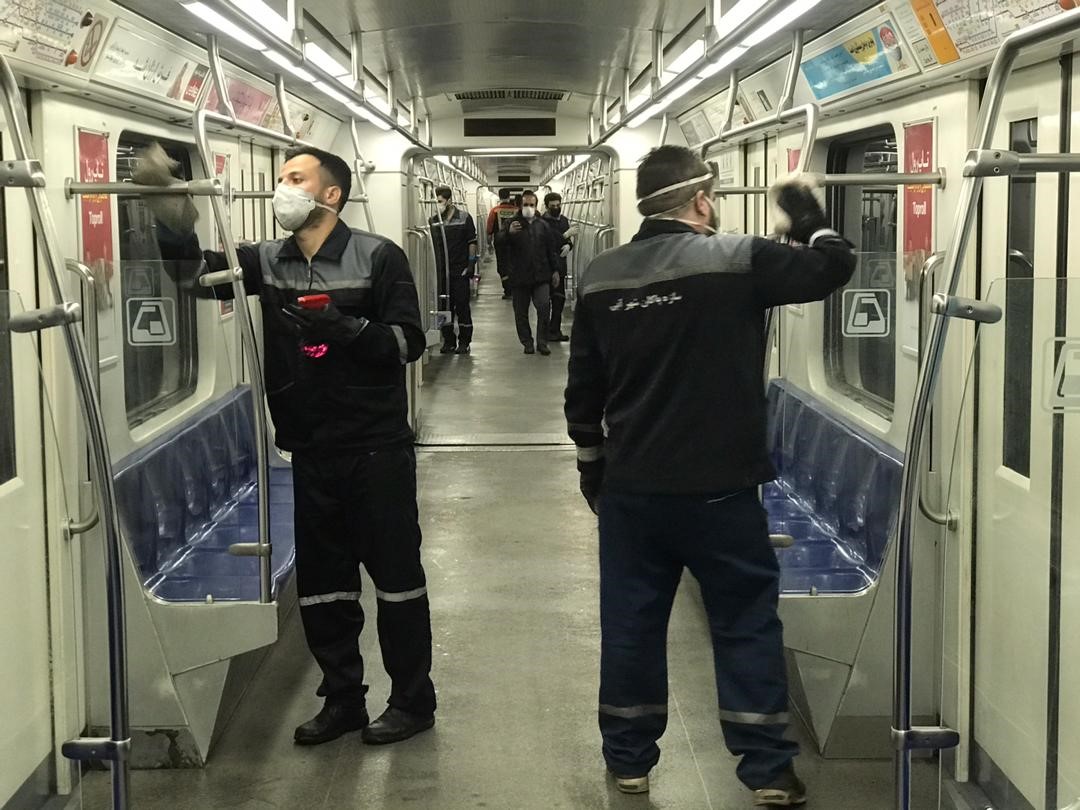
“It’s important to identify who will be doing what, and exactly how they should be doing it, before it happens”, insisted Farnoush Nobakht. “There should be a strong understanding of roles and procedures among all the staff to keep everyone safe and reassured.”
Some of the protocols in place included daily, or hourly disinfection of every surface area on the trains and in the stations. This included, for example, disinfection of all stairway, elevator, or escalator hand rails every two hours. Guidelines and educational messages in line with the health ministry and local authorities were displayed through banners and on screens in the stations. All shops in the stations were closed, and water coolers and dispensers were temporarily dismantled. Tehran Metro also administered temperature checks on all personnel before the beginning of each shift.
“If there is one thing we’ve learned from this unprecedented experience, it’s that preparation is key”, said Farnoush Nobakht. “We can’t always be prepared for everything, but in this case, I’m proud to say that our staff was ready.”
Thank you to our ‘Guardians of Mobility’ in Tehran Metro for sharing with us this important advice through their story!
become a member

